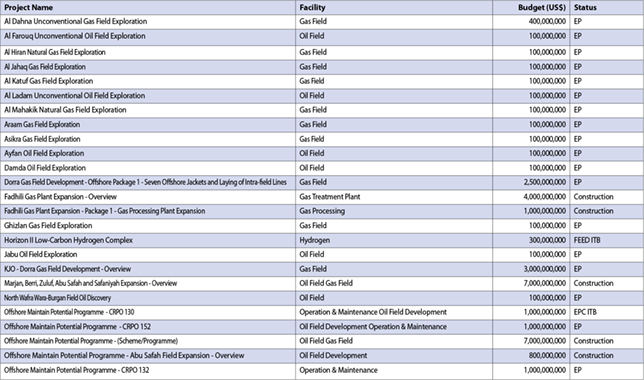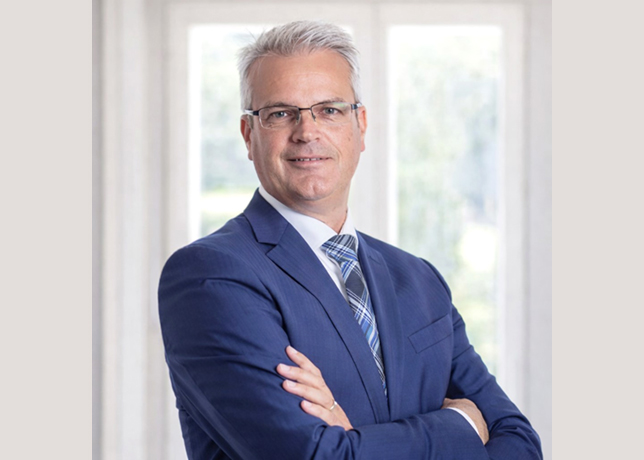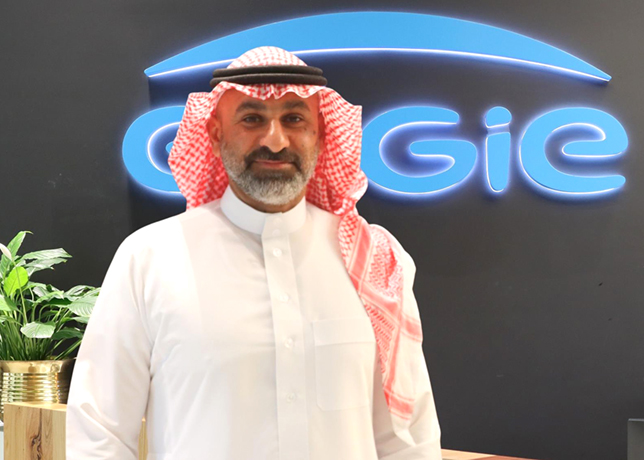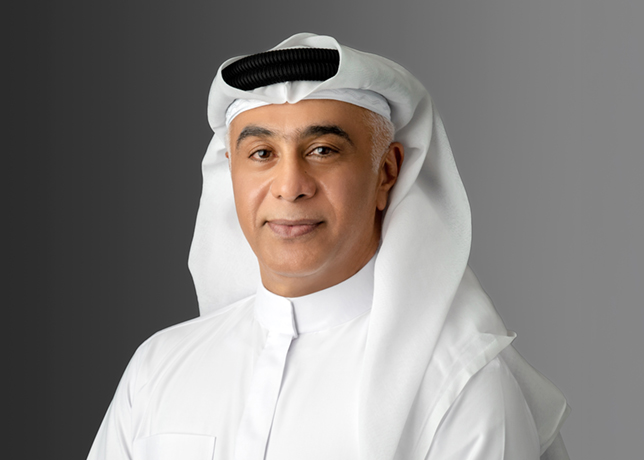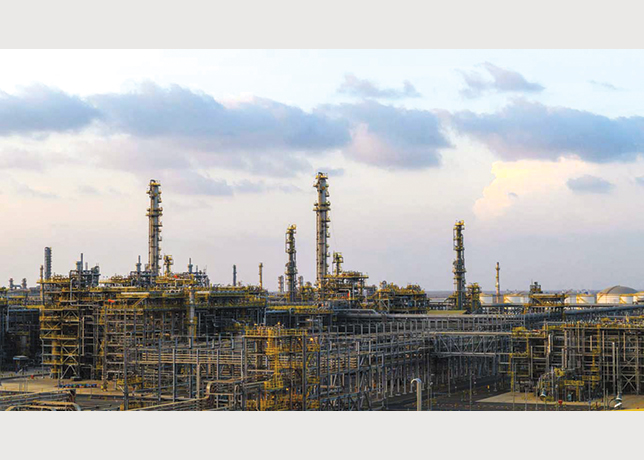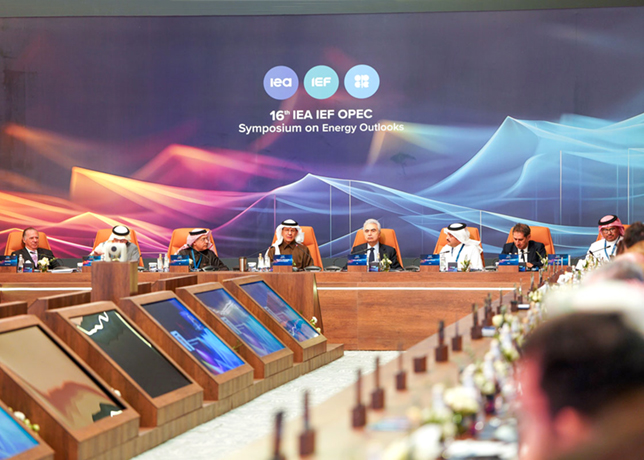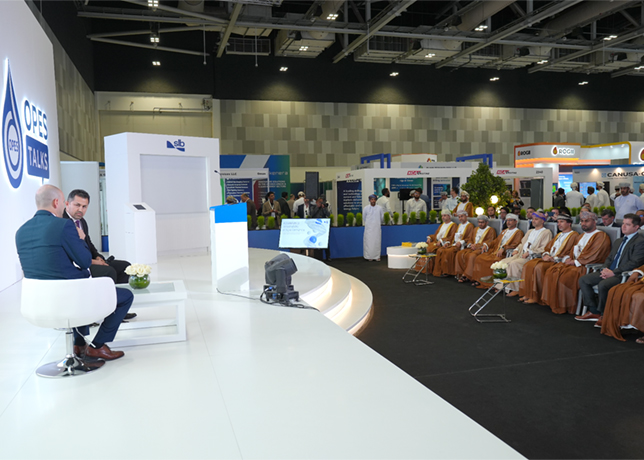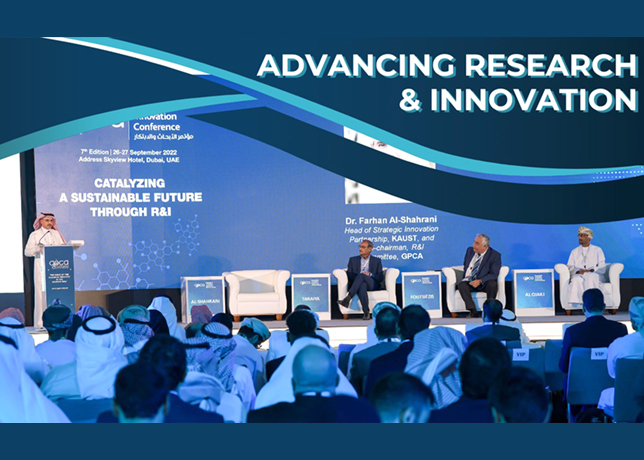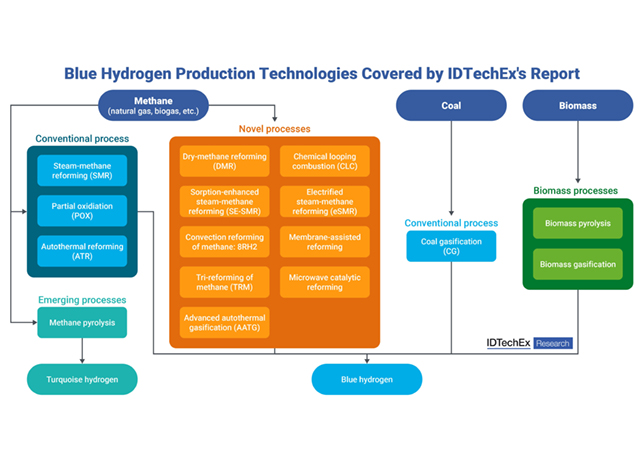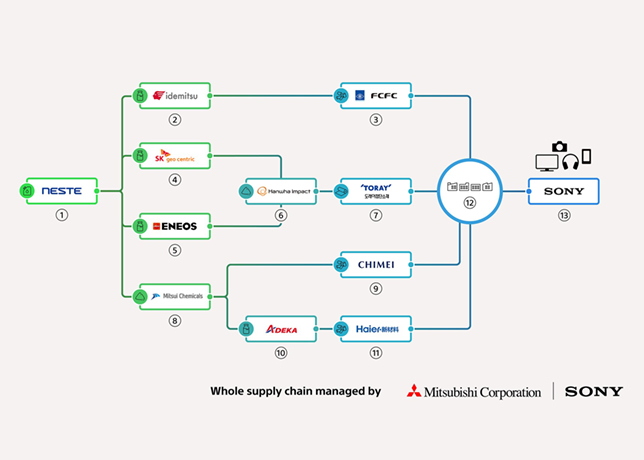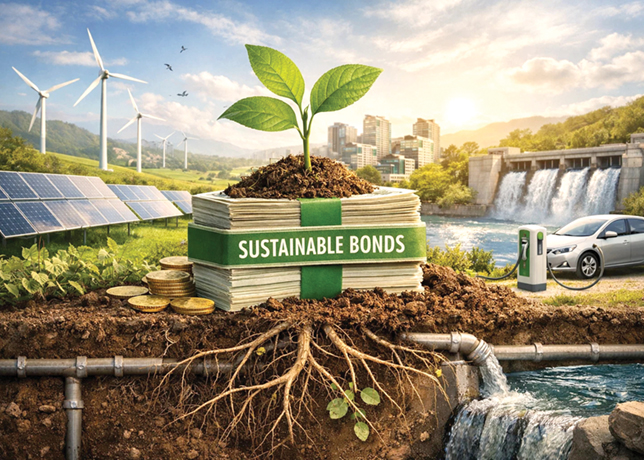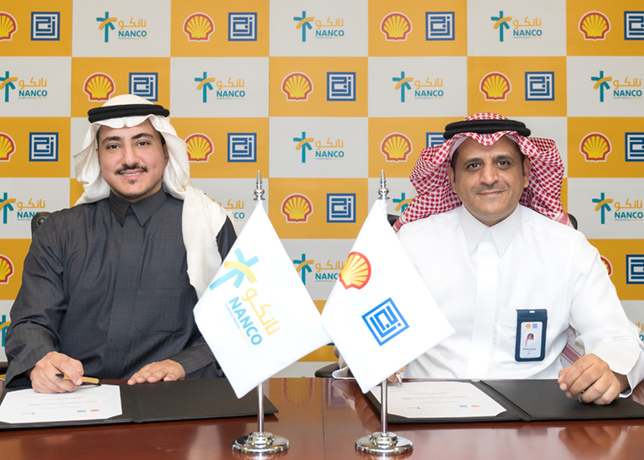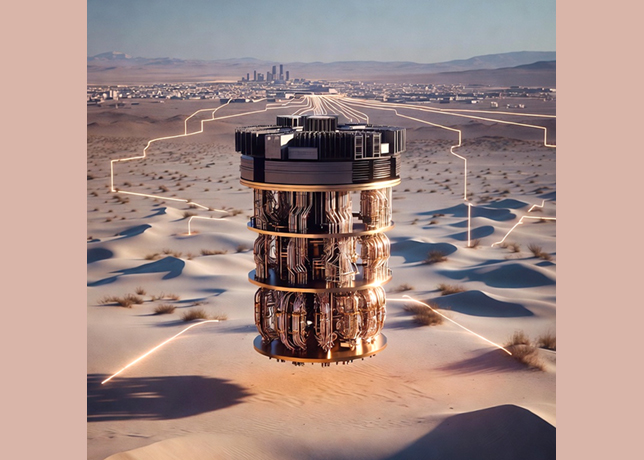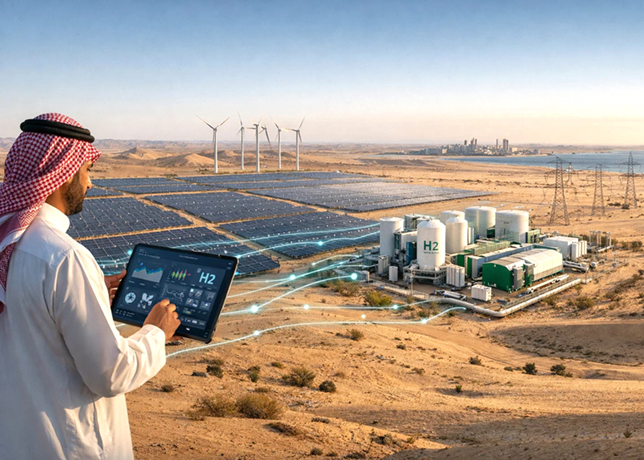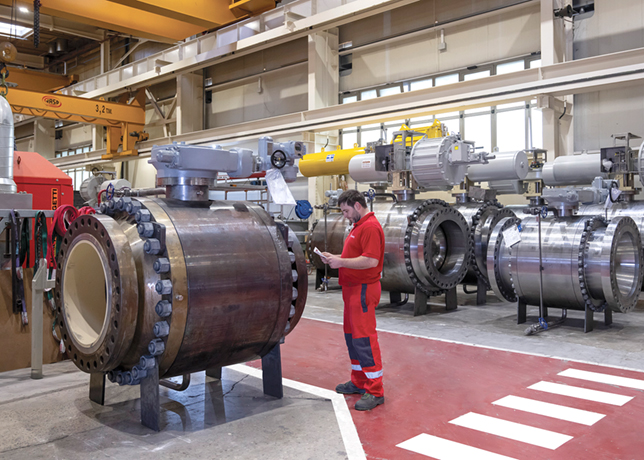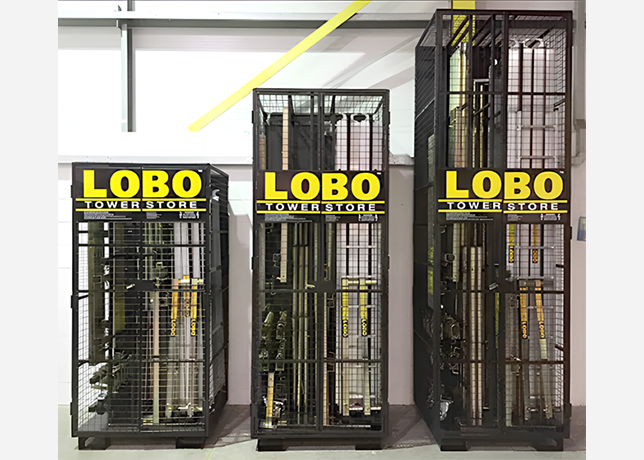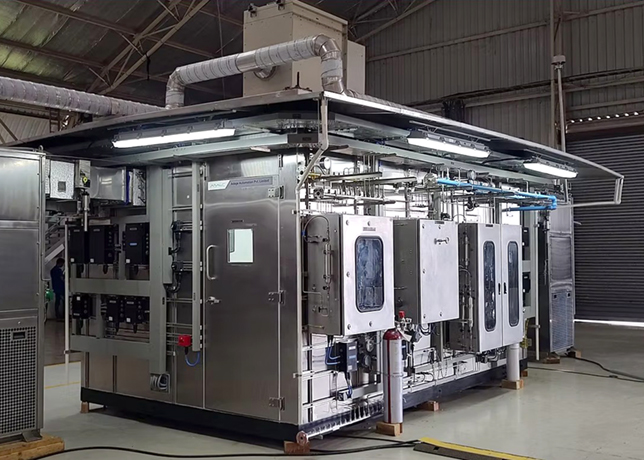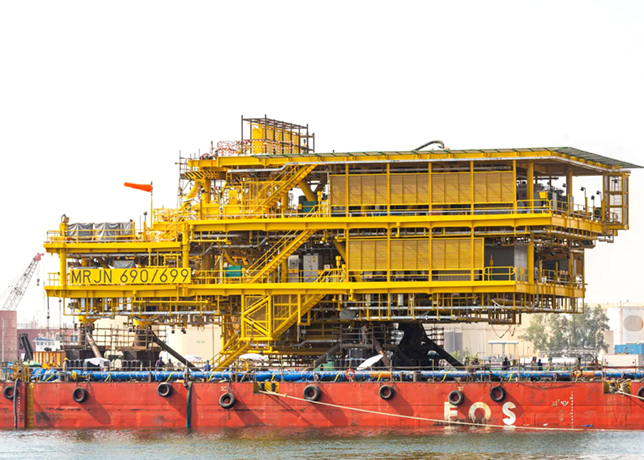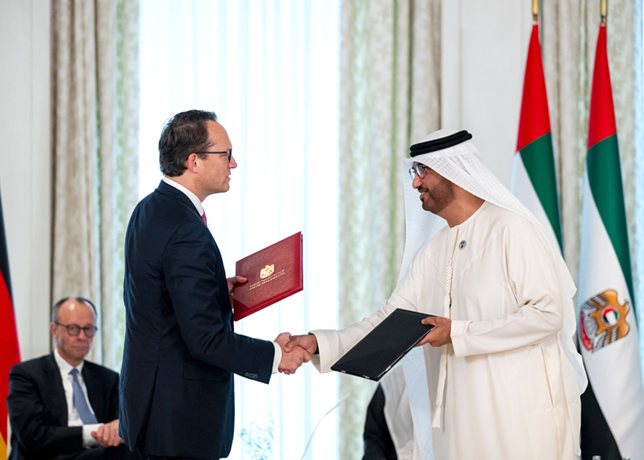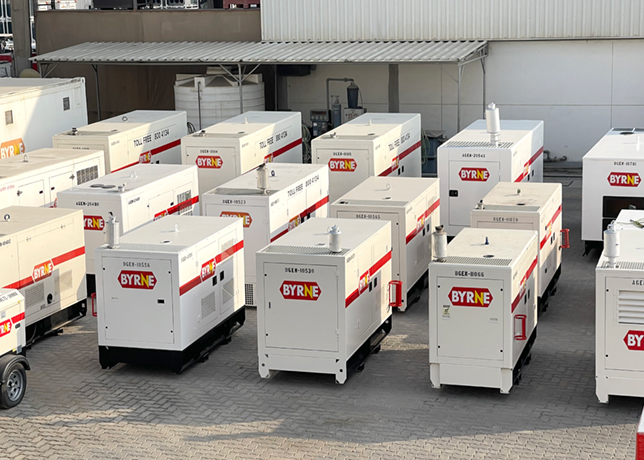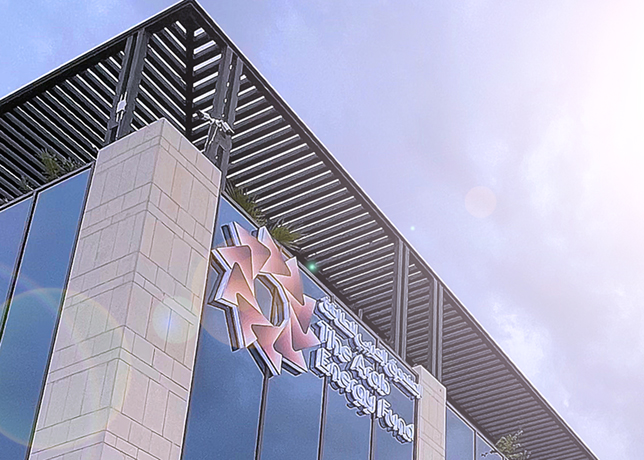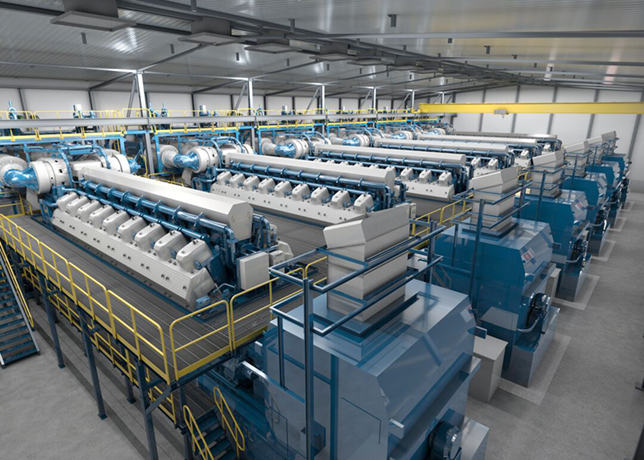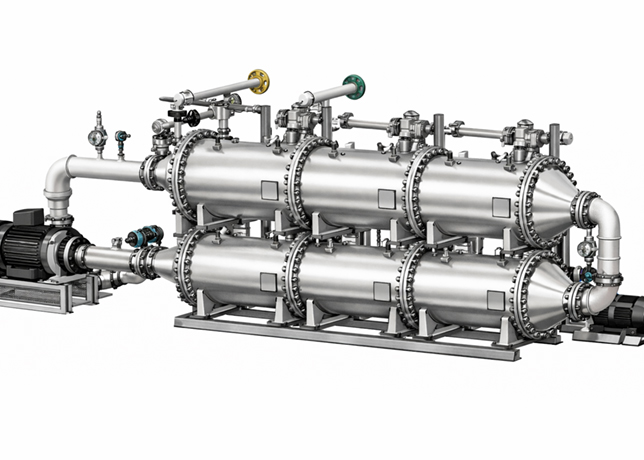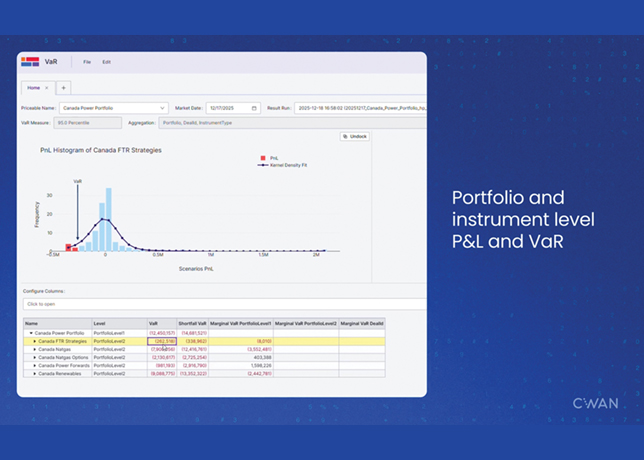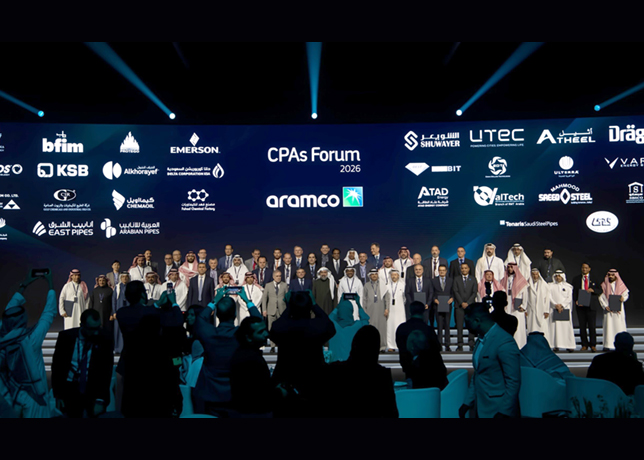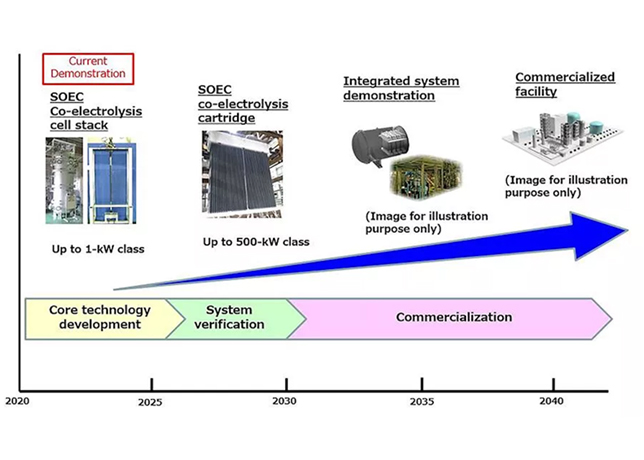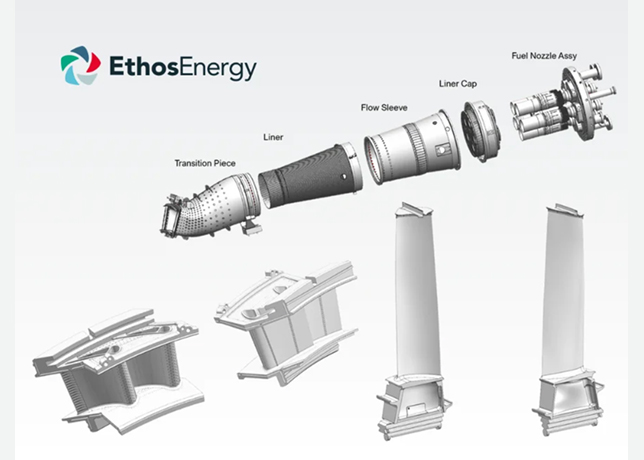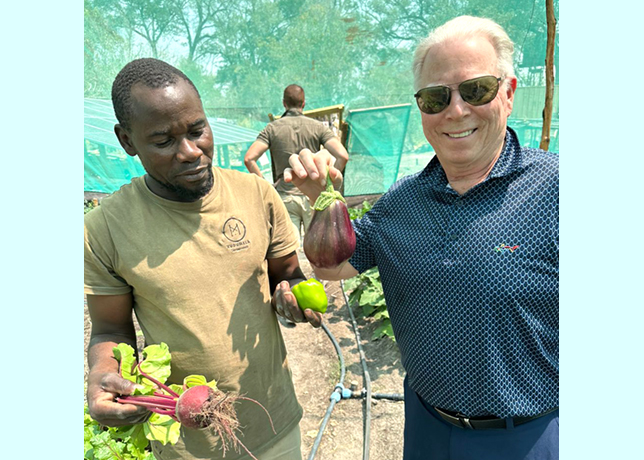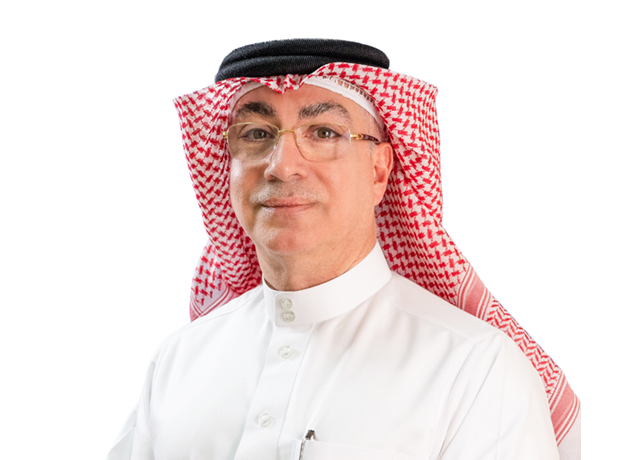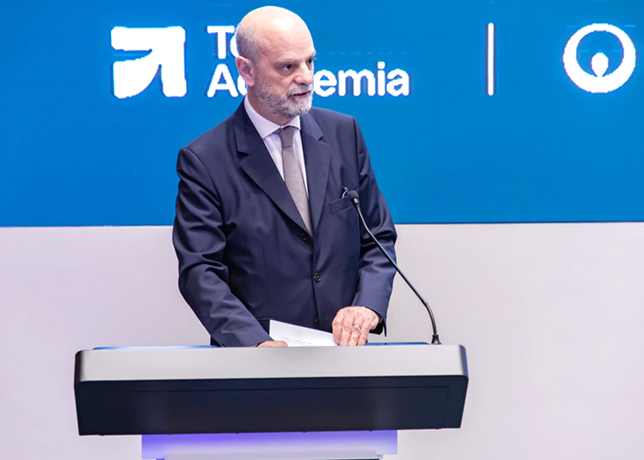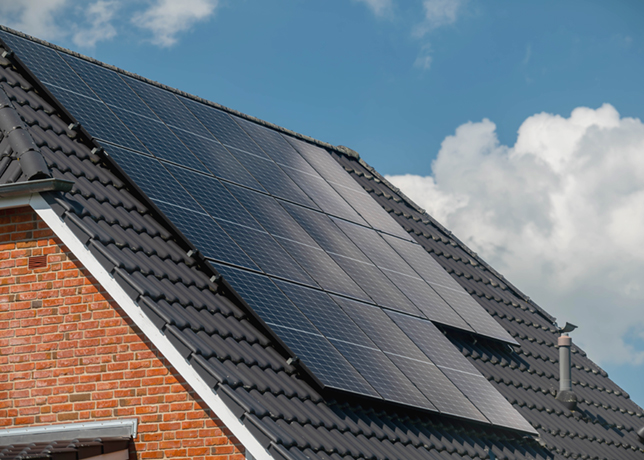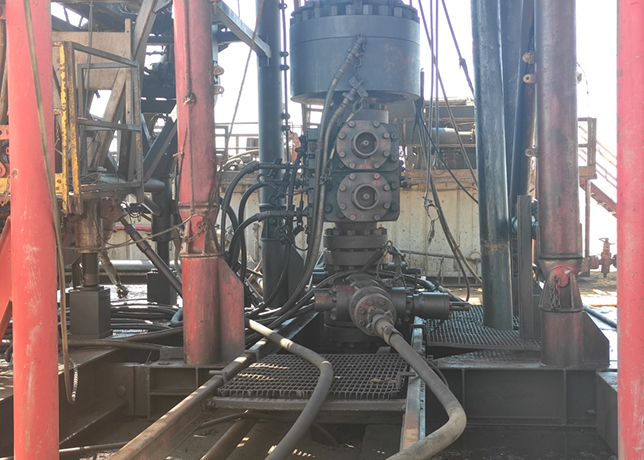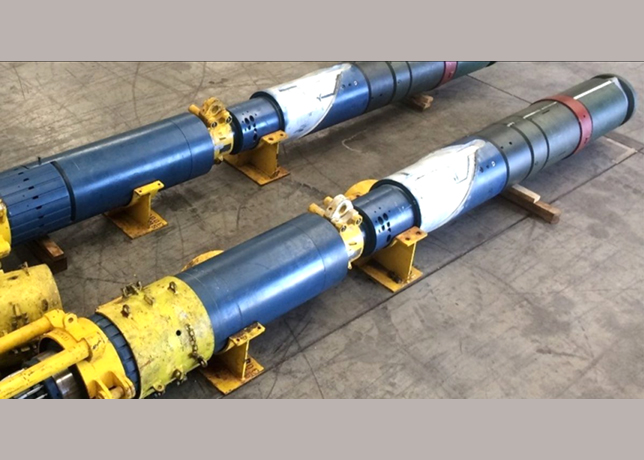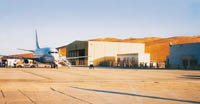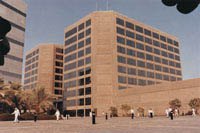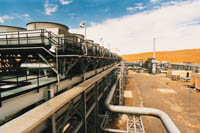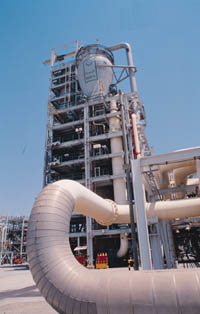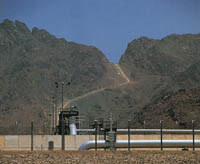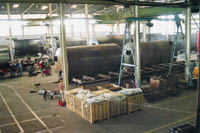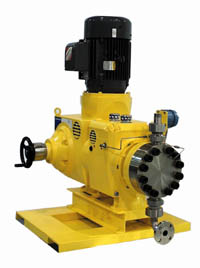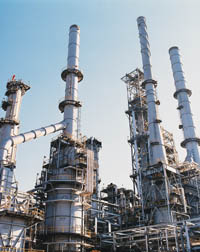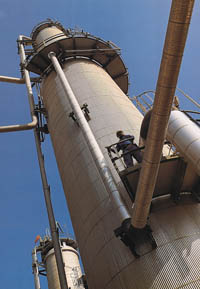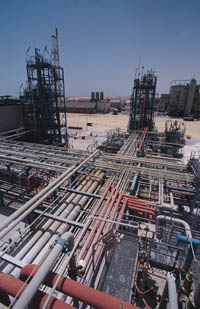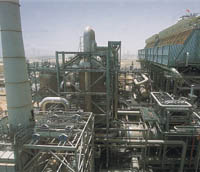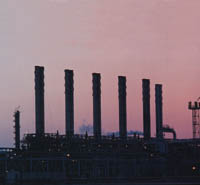
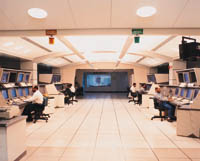 The control room at Shedgum gas plant ... crucial part of the MGS
The control room at Shedgum gas plant ... crucial part of the MGS
SAUDI ARABIA has long known the value of its gas resources, and, in the Master Gas System (MGS) the Kingdom has an infrastructure which has served as a major industrial catalyst.
Long before the prospect of foreign investment, the Saudi government successfully developed the MGS to meet industrial demand.
With this demand now soaring at unprecedented rates, the Kingdom has had to act swiftly in expanding the system.
A fourth gas processing plant, at Hawiyah, will come onstream four months ahead of schedule in December, according to state oil company Saudi Aramco, and will complement the existing plants at Berri, Shedgum and Uthmaniyah, which themselves have witnessed expansion.
In addition to boosting the current gas processing capacity of the MGS of four billion cu ft per day by a further 35 per cent, the Hawiyah plant is also expected to provide some 170,000 barrels of condensate and 1,000 tonnes of elemental sulphur per day.
The plant will receive non-associated gas from the Khuff and Jauf gas reservoirs in the Hawiyah and Haradh areas of the giant Ghawar field. It will be the first MGS plant to process only non-associated gas.
Japan's JGC Corporation has signed a turnkey contract with Saudi Aramco to build a $410 million, 1.6 billion cu ft per day gas plant at Haradh, which is expected to be completed during the third quarter of 2003. Consolidated Contractors International Company (CCC) Saudi Arabia is a subcontractor.
Once the Haradh plant is onstream, the MGS will have the capacity to produce some seven billion cu ft per day of gas.
For Abdullah Jum'ah, president and CEO of Saudi Aramco, the MGS represents a major investment opportunity, particularly in the processing and transport of gas.
Supplies of ethane, NGL and condensates will rise substantially with the completion of MGS projects, offering a sound platform on which to build export-oriented petrochemical plants, said Ju'mah.
The MGS has brought outstanding economic benefits to Saudi Arabia - affordable utilities, high-growth petrochemical industries, additional industries which utilise gas for fuel, environmental benefits from substituting clean-burning gas for liquid fuels and the economic benefits of fuel switching to free up hydrocarbon liquids for export.
It is an integrated gas collection, recovery, and processing system, which utilises state-of-the-art technology.
The gas plants supply gas to the sales gas distribution grid and NGL to the downstream fractionation plants constructed at Ju'aymah and Yanbu.
These downstream fraction facilities supply petrochemical feedstock and liquid petroleum gas (LPG) for export and local industrial consumption.
The plants have excellent safety records, with Berri being recently honored by the Gas Processors Association (GPA) for achieving 500,000 man-hours free of industrial injuries. Last year, the Uthmaniyah gas plant also received international recognition from the GPA for achieving 1.5 million work hours without an industrial disabling injury.
This achievement contributed to Saudi Aramco's second place award in the international GPA Division 1 Category, ''Companies with the Lowest Total Cases of Incidents Rate'' for 1999.



